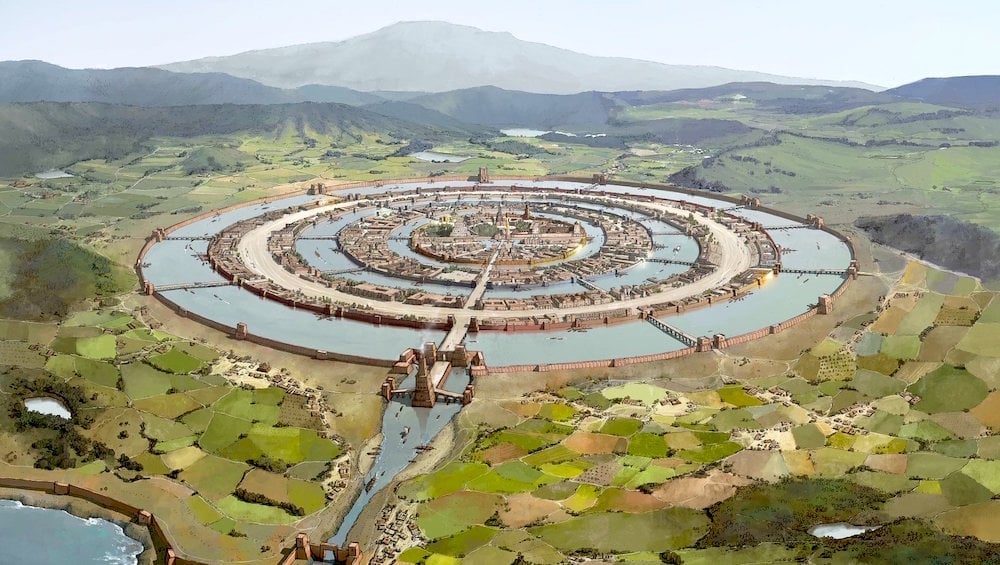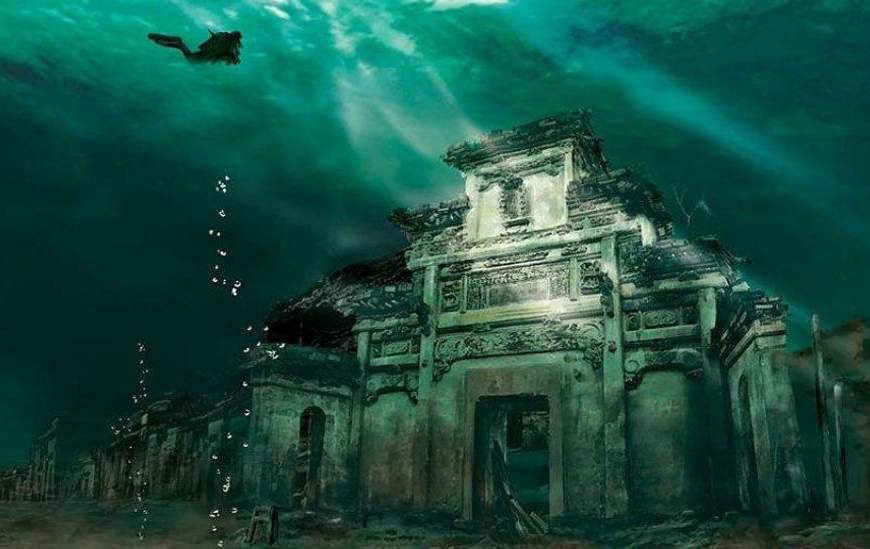Unanswered mysteries about the ancient city of Atlantis continue to captivate the imagination of historians, archaeologists, and enthusiasts around the world. The story of Atlantis first appeared in Plato’s dialogues “Timaeus” and “Critias,” where it was described as a powerful and advanced kingdom that sank into the ocean “in a single day and night of misfortune.” Despite centuries of speculation and research, the existence and location of Atlantis remain one of history’s most alluring enigmas. This article delves into the unanswered mysteries surrounding the ancient city, exploring its origins, cultural impact, and why it continues to fascinate us.

The Source of the Atlantis Story
The primary and almost sole ancient source of the Atlantis story is from Plato, who lived in Greece around 427-347 BC. He described Atlantis as a naval power lying “in front of the Pillars of Hercules” that conquered many parts of Western Europe and Africa 9,000 years before his time. However, Plato’s work is the only known ancient source that mentions Atlantis, leading some to question whether it was a real place or simply a parable on the hubris of nations.

The Location of Atlantis
One of the biggest mysteries is the actual location of Atlantis. Theories range from the Mediterranean Sea to the Atlantic Ocean, and more exotic locations like Antarctica, the Caribbean, and even the Sahara Desert. Each theory points to different sets of evidence, such as geological formations, ancient texts, and archaeological findings, yet none has been conclusively proven.

The Advanced Civilization
Plato described Atlantis as having advanced technology and being highly civilized, with a powerful army and navy. The city was said to be rich in resources and natural beauty, with magnificent buildings, temples, and a complex water canal system. How could such an advanced civilization disappear without a trace? And if Atlantis did exist, what technological advancements might they have possessed?
The Sudden Destruction
The sudden disappearance of Atlantis, as described by Plato, is a mystery that fuels much speculation. Was it a natural disaster, such as an earthquake or a tsunami, or something else? Geological evidence suggests that cataclysmic events have occurred in the past that could potentially sink an island, but linking any specific event to the legend of Atlantis has proven elusive.
The Cultural Impact
The story of Atlantis has had a profound impact on literature and popular culture, inspiring countless books, movies, and theories. It has become a symbol for advanced prehistoric lost civilizations and continues to influence contemporary discussions about societal collapse and the mysteries of the ancient world.
Conclusion
The enduring mystery of Atlantis lies in the intersection of history, mythology, and the human imagination. While archaeological and geological explorations continue to offer tantalizing clues, the truth about Atlantis remains submerged beneath layers of speculation and legend. Whether as a historical reality or a metaphorical cautionary tale, the story of Atlantis challenges us to consider the possibilities of lost civilizations and the mysteries of our ancient past.
